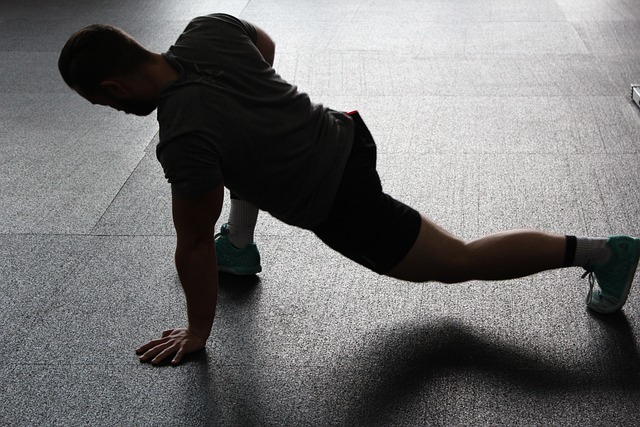
Tech Neck: Navigating Tech Neck Your Guide To Relief And Recovery
In today’s digital era, an increasing health concern known as “Tech Neck” has become a prevalent issue.
This condition, stemming from the frequent bending forward of the neck while engaging with smartphones, tablets, and computers, results in strain on the neck’s muscles and cervical spine.
WHAT IS TECH NECK?
Tech Neck primarily impacts individuals who spend considerable time with digital devices, whether for work or leisure. It’s especially common among office workers and students who are often glued to computer screens. Young adults and teenagers, regular users of smartphones and tablets, are also at risk, as are professionals whose jobs involve constant handheld device use. This widespread problem spans various age groups and occupational sectors, underlining the need for awareness and preventative strategies in our technology-centric world.


SIGNS AND SYMPTOMS
If you’re experiencing any of the following symptoms, you might be dealing with Tech Neck:
- Persistent neck stiffness and soreness
- Limited mobility in the neck and upper back
- Chronic headaches, typically starting at the base of the skull
- Shoulder tightness and pain, possibly extending down the arms
3 SIMPLE EXERCISES TO RELIEVE NECK PAIN
Struggling with neck pain in this tech-dominated age is not uncommon. Here are three easy yet effective exercises to alleviate neck pain and enhance mobility:

Armpit Stretch
Tilt your head toward your armpit while holding onto the bottom of a chair with the opposite hand. Hold for 30 seconds and repeat three times.

Ear to Shoulder Stretch
Keep your head forward and pull it gently towards your shoulder. Maintain this position for 30 seconds and do three repetitions.

Doorway Stretch
Stand in a doorway with your arms on the frame at a 90-degree angle. Step forward gently to stretch the chest, keeping your back straight. Hold for 30 seconds and repeat three times.
TAKE THE NEXT STEP
Are you noticing signs of Tech Neck? It’s better to be proactive. Although posture and ergonomics might seem like minor concerns, research indicates that over time, poor ergonomic practices and habitual bad posture can lead to permanent structural changes and degeneration in the spine. This increases the risk of more serious pathologies later in life. Our team is here to help guide you through this process. Understanding your unique needs and providing targeted treatments, we aim to alleviate your discomfort and boost your overall well-being.
Our licensed Physical Therapists, skilled in various techniques, will work to improve your neck mobility, restore function, and mitigate pain and inflammation. Your treatment plan, determined by a Doctor of Physical Therapy, may include:
- Manual therapy
- Spinal manipulation/adjustment
- Ergonomic setup and postural assessment
- Computerized spinal decompression
- Personalized treatment plans
- Therapeutic modalities to help relieve pain, reduce inflammation, and promote healing
- Transcutaneous electrical neuromuscular stimulation
- Therapeutic ultrasound
- Laser light therapy
- Cryotherapy
- Hot packs
If Tech Neck symptoms resonate with your daily experience, remember that proactive steps are key to reclaiming your comfort and health. Our dedicated team is here to support and guide you every step of the way. With personalized care tailored to your unique situation, we strive to relieve your discomfort and enhance your overall quality of life.
Our expert Physical Therapists are armed with a wide array of skills and treatments. They are committed to improving your neck mobility, restoring function, and reducing pain and inflammation.
TAKE CONTROL
Don’t let neck pain hold you back any longer. Whether you’re facing the discomforts of Tech Neck or other neck-related issues, we’re here to help. Our team of experienced Physical Therapists is ready to provide you with personalized care and effective treatment solutions. For more information or to schedule your first step towards relief and improved health, contact us at (781) 769-2040. Your journey towards a pain-free, healthier life starts with us.








